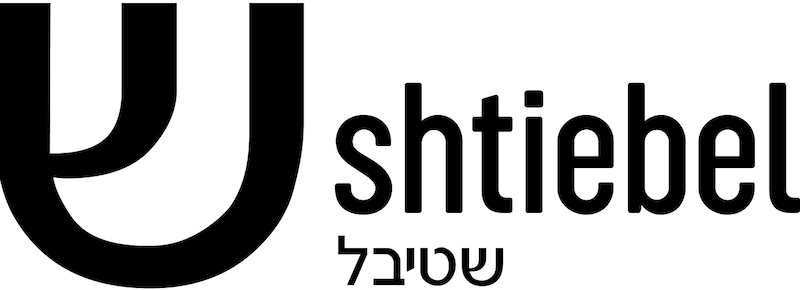
I was recently reminded of a story about a student who came to his rabbi in despair. His shoulders were heavy, his voice weary. “Rabbi,” he said, “I have worked so hard to be happy. I chase after it in small joys and in moments of distraction. But happiness slips away like water through my fingers. What am I to do?”
The rabbi looked at him with compassion. “Happiness,” he said, “is a guest who may or may not knock at your door. It is never certain. But goodness is different. Goodness is the house you build, brick by brick, the food you prepare to feed another. Goodness is in your hands. Do not waste your strength chasing happiness. Plant goodness. If you do, happiness may find its way to you. But whether or not it does, you will have built a life of meaning.”
That story feels especially resonant as we approach the month of Elul, beginning this Saturday night and Sunday. Elul is no ordinary month. It is the threshold to the High Holy Days, a forty-day journey that stretches from Rosh Chodesh Elul to the final sounding of the shofar on Yom Kippur. Our tradition teaches that Moses ascended Mount Sinai on Rosh Chodesh Elul and descended forty days later with the second set of tablets. Ever since, we’ve understood these days as uniquely open to forgiveness and return.
Throughout Elul, the shofar sounds each morning — a sharp, trembling call to wake us from our complacency. Selichot, the penitential prayers, stir us to repair what we can. Even the name Elul is understood as an acronym: Ani l’dodi v’dodi li — “I am my beloved’s and my beloved is mine.” Elul is about return, about drawing close again to one another and to God.
It is at this moment that we begin to wish each other Shana Tovah Yet too often this simple, powerful blessing is flattened into “Happy New Year.” The words do not mean happy. They mean good. Tovah is goodness, not happiness.
And this year, that difference could not be clearer. Here in Melbourne, antisemitism has crawled out of the shadows and into the centre of public life. Where once it was muttered on the margins, now it is shouted in the streets, scrawled on walls, even whispered in conversations we never expected to hear. For many, it no longer feels like an occasional sting but a daily weight.
In Israel, the war with Hamas has dragged on for almost two years. Hostages remain in captivity, families remain in anguish, and innocent lives — Israeli and Palestinian alike — are still caught between fire and rubble. No one knows if the year ahead will bring peace or only more conflict, grief, and loss. In such a world, happiness feels impossibly far away.
But Judaism has never asked us to wish for happiness. It asks us to wish for goodness. To build it, to plant it, to pursue it. That is why we say Shana Tova.
The student in the story longed for happiness but found only despair. The rabbi reminded him to focus on what he could control — to live a life of goodness. That is our task as well. We cannot control the hatred of others, but we can control how we respond. We cannot banish violence from the world, but we can choose not to mirror it. We cannot silence those who curse us, but we can refuse to curse them in return.
This is the charge of Elul: not to lose our humanity, even when it feels denied to us. Not to hate as others hate upon us. Instead, to build coalitions of friendship, to plant seeds of compassion, to do the small daily acts of justice and kindness that keep the flame of goodness alive.
So when we greet one another with Shanah Tovah this year, let it not be a perfunctory phrase or a polite nod to tradition. Let it be a radical act of hope. A prayer breathed from the depths of our hearts. A commitment to build the house of goodness, even when happiness feels far away.
Ken yehi ratzon — May this be God’s will.
שָׁנָה טוֹבָה תִּכָּתֵבוּ — Shana Tova Tikateivu.
May we be inscribed in the Book of Life, the Book of Goodness, and the Book of Blessing.
